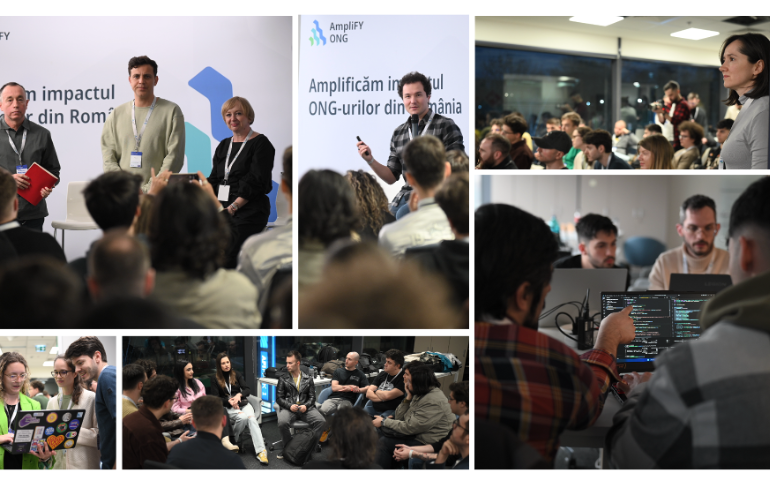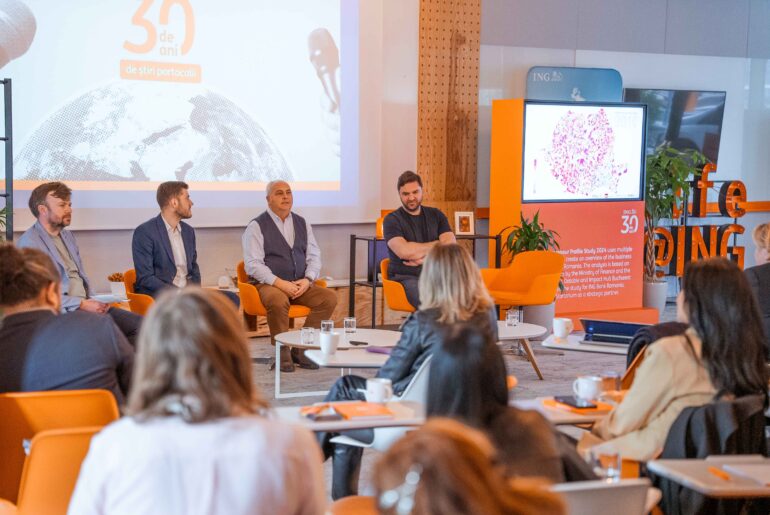With over three decades of research and development experience in the field of digital medicine and medical virtual reality technology, Walter Greenleaf is considered the leading authority in the field.
He will present at iCEE.fest: UPGRADE 100 on the eHealth and MedTech stage, a content stream developed in partnership with MSL The Practice.
Mr. Greenleaf is currently a Distinguished Visiting Scholarat Stanford University’s MediaX Program, a Visiting Scholar at Stanford University’s Virtual Human Interaction Lab, and the Director of Technology Strategyat the University of Colorado National Mental Health Innovation Center.
- Greenleaf is also a member of the Board of Directors for Brainstorm:The Stanford Laboratory for Brain Health Innovation and Entrepreneurship andforSine Wave, the developer of Sine Space, a multi-user online Unity 3D-based virtual world platform, and Cognitive Leap.
Key points from his work
Dr. Greenleaf has designed and developed numerous clinical systems over the last thirty-three years, including products in the fields of:
- surgical simulation and 3D medical visualization
- tele rehabilitation, clinical informatics and clinical decision support
- point-of-care clinical data collection
- ergonomic evaluation technology
- automatic sleep-staging systems, psychophysiological assessment
- simulation-assisted rehabilitation technologies, as well as products for behavioral medicine.
As a research scientist, Dr. Greenleaf’s focus has been on age-related changes in cognition, mood, and behavior. His early research was on age-related changes in the neuroendocrine system and the effects on human behavior. He served as the Director of theMind Division, Stanford Center on Longevity, where his focus was on age-related changes in cognition.
As a medical technology developer, Dr. Greenleaf’s focus has been on computer supported clinical products, with a specific focus on virtual reality and digital health technology to treat Post-traumatic Stress Disorder (PTSD), Anxiety Disorders, Traumatic Brain Injury and Stroke, Addictions, Autism, and other difficult problems in behavioral and physical medicine.
Background details
Dr. Greenleaf founded and served as CEO for Greenleaf Medical Systems, a business incubator; InWorld Solutions, a company specializing in the therapeutic use of virtual worlds for behavioral health care; and Virtually Better, a company that develops virtual environments for the treatment of phobias, anxiety disorders, and PTSD.
In addition to his research at Stanford University, Walter is SVP of Strategic & Corp. Affairs to MindMaze and Chief Science Advisor to Pear Therapeutics.
He is a VR technology and neuroscience advisor to several early-stage medical product companies, including: MindStrong Health, Ellipsis Health, Limbix, Tripp, eQuility, Altoida, MyndVR, OramaVR andBehaVR.
Walter has served as a scientific advisor and grant reviewer for the U.S. Public Health Service, National Science Foundation (NSF), National Institutes of Health (NIH), NASA and the U.S. Department of Education.
Here are some ideas from his presentation @ iCEE.fest: UPGRADE 100 – on the eHEALTH & MEDTECH content track.
“Virtual Reality, AI, and wearable sensor technology will facilitate significant improvements in medical care”
- There is a digital health revolution – mobile health/eHealth, wearable sensors, patient centered solutions that leverage the internet: social, quantitative, collaborative
- Every medical Device is reinvented
- Although entertainment, social connection and gaming drove the initial adoption of VR technology, the deepest and most significant market for VR will be in clinical care and in improving health and wellness
- Now is time for VR & AR: VR technology is now affordable, scalable and accessible
- VR & AR will significantly impact medical care: prevention and wellness, objective assessments, functional training, improved interventions, facilitate adherence and distributed care delivery
- In six years, VR will likely be $35 B market and the medical VR/ AR Market is projected to be $5 B
- Digital systems are not just measuring the physical parameters of our health. There are new methods developed that will allow us to collect and analyze biomarkers that reflect our cognitive and emotional status.
- VR can promote behavior change by taking advantage of the way our brain’s learning and reward systems function – activating neuro-plastic change via reward systems /Shorten the reward feedback loop – show progress/ Leverage mirror neuron systems
*****
Book your ticket @ iCEE.fest: UPGRADE 100 today and meet Walter Greenleaf. The digital transformation festival of CEE will take place on June, 13th& 14th, in Bucharest – Romania.
140+ digital and tech experts, book authors and digital professionals will take the stages of iCEE.fest: UPGRADE 100 on June, 13 and 14, 2019 in Bucharest, Romania
The complete AGENDA of the festival is available here
11 content tracks and trends will be covered this year – you can discover the speakers we confirmed for each one by clicking on the following links:









